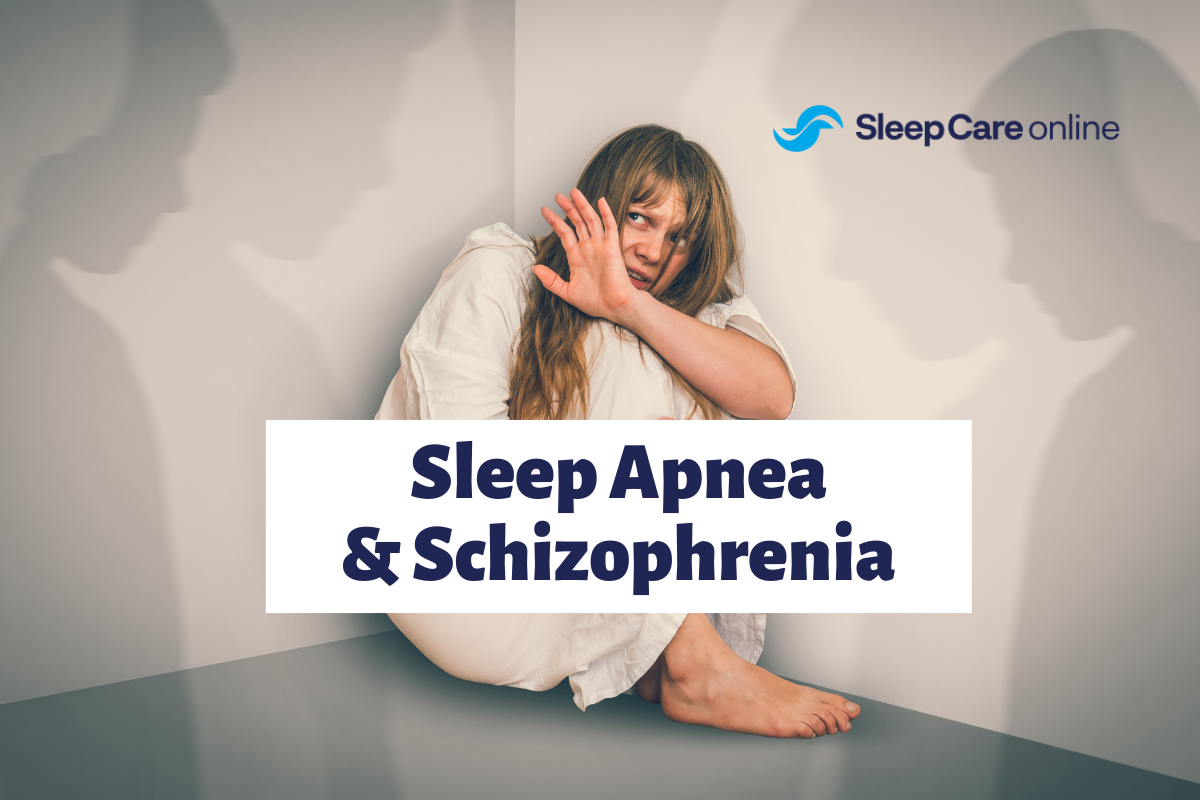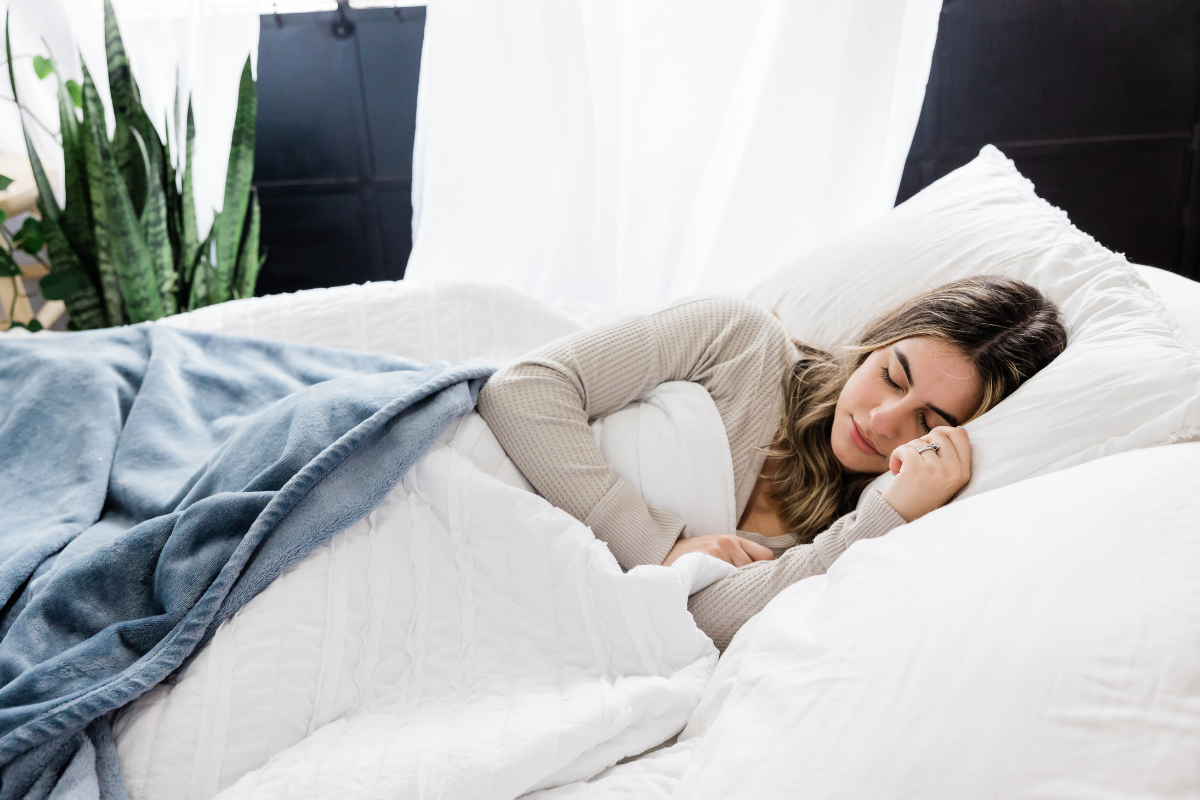
Sleep apnea is the most common sleep disorder, affecting an estimated 22 million Americans. Yet, approximately 80% of the cases of moderate to severe obstructive sleep apnea (OSA) remain undiagnosed.1 Because the symptoms of sleep apnea are not visibly impairing, many people suffering from the condition tend to ignore it as inconsequential. However, the impact of losing quality sleep on health and well-being can be significant.
Frequent lack of quality sleep can contribute to cardiovascular disease, and depression, and may even be linked to an increased risk of Alzheimer’s Disease.2
What is Severe Sleep Apnea?
OSA can range from moderate to severe, depending on the number of disruptive events or apneas a person experiences while sleeping. An apnea occurs when the muscles in the back of the throat relax and collapse, causing the soft tissue to block the airway. This prevents oxygen from traveling to the lungs and brain. These episodes are measured using the apnea hypopnea index (AHI) and can last as long as 10 seconds at a time. Eventually, the brain tells the body to wake up, which results in the individual gasping for air before returning to sleep. Most often, they do not remember these instances. Severe sleep apnea patients can experience up to 30 apneas per hour.

Does Untreated Sleep Apnea Get Worse Over Time?
If left untreated, the effects of sleep apnea can get worse. Sleep is an important part of the body’s recovery process; frequently interrupted sleep can raise stress levels, resulting in high blood pressure and an increased risk of heart disease. Sleep apnea has also been linked to stroke and Type 2 diabetes.3,4
Research shows that severe sleep apnea can even lead to premature death due to repeated drops in blood oxygen levels.
Can You Treat Sleep Apnea Naturally?
The current preferred method of treatment for sleep apnea is continuous positive airway pressure (CPAP) therapy. However, there are some lifestyle changes individuals can focus on in order to minimize OSA symptoms.
- Maintain a healthy weight. Fat deposits around both the neck and chest can contribute to increased apnea events.
- Avoid alcohol and smoking as these habits can aggravate OSA symptoms.
- Sleep on your side. Less severe cases of OSA may be manageable by making this simple change.
Can Untreated Sleep Apnea Go Away by Itself?
Obstructive sleep apnea is a chronic condition that requires proper treatment. Be sure to look for warning signs that indicate that you might have sleep apnea so you can get diagnosed.
What Are The Health Consequences Of Untreated Sleep Apnea?
You may have sleep apnea if you:
- Snore loudly at night
- Occasionally wake up gasping or choking
- Feel excessively tired during the day
- Experience morning headaches
- Experience mood swings, forgetfulness, or difficulty concentrating
Untreated Obstructive Sleep Apnea Health Risk Factors
- Hypertension – Sleep Apnea causes serious problems with blood pressure and can lead to hypertension in most patients suffering from OSA.
- Cardiac Disorders – Sleep apnea and the lack of oxygen during sleep can lead to severe cardiac problems due to the muscle relaxation and damage from poor cardiac muscle oxygenation.
- Risks Of Stroke And Neural Disorders – Obstructive sleep apnea can lead to strokes from poor oxygen supply to the brain and its surrounding tissues.
- Depression And Mental Disorders – The lack of sleep from Obstructive sleep apnea is directly related to mental disorders like Alzheimer’s and dementia in elderly. It also causes depression and anxiety due to sleep deprivation.
- Diabetes – Sleep deprivation caused from obstructive sleep apnea is directly related to blood sugar regulations in the body.
- Obesity Or Weight Loss – Poor sleeping conditions due to sleep apnea can lead to obesity.
Identifying Sleep Apnea Through Diagnosis
At Sleep Care online, you can get a simple and convenient home sleep test to determine if you have sleep apnea. Here is how it works:
- At checkout, fill out a sleep & health questionnaire
- Receive a disposable NightOwl home sleep apnea test in the mail
- Take the test, and in the morning, upload your results to the cloud
- Schedule a 10-minute telehealth visit with one of our sleep practitioners
- Receive script for PAP therapy, if warranted
Have questions about getting started? Call us at 866.465.4478 or email us at contact@sleepcareonline.com
References:
- American Sleep Apnea Association. Sleep apnea information for clinicians. Accessed June 17, 2020.
- Andrade AG, Bubu OM, Varga AW, Osorio RS. The Relationship between Obstructive Sleep Apnea and Alzheimer’s Disease. J Alzheimers Dis. 2018;64(s1):S255-S270.
- American Sleep Apnea Association. Stroke Awareness Month: Untreated sleep apnea and stroke. 2019 May 7. Accessed June 17, 2020.
- Doumit J, Prasad B. Sleep apnea in Type 2 diabetes. Diabetes Spectrum. 2016 Feb;29(1):14-19.




